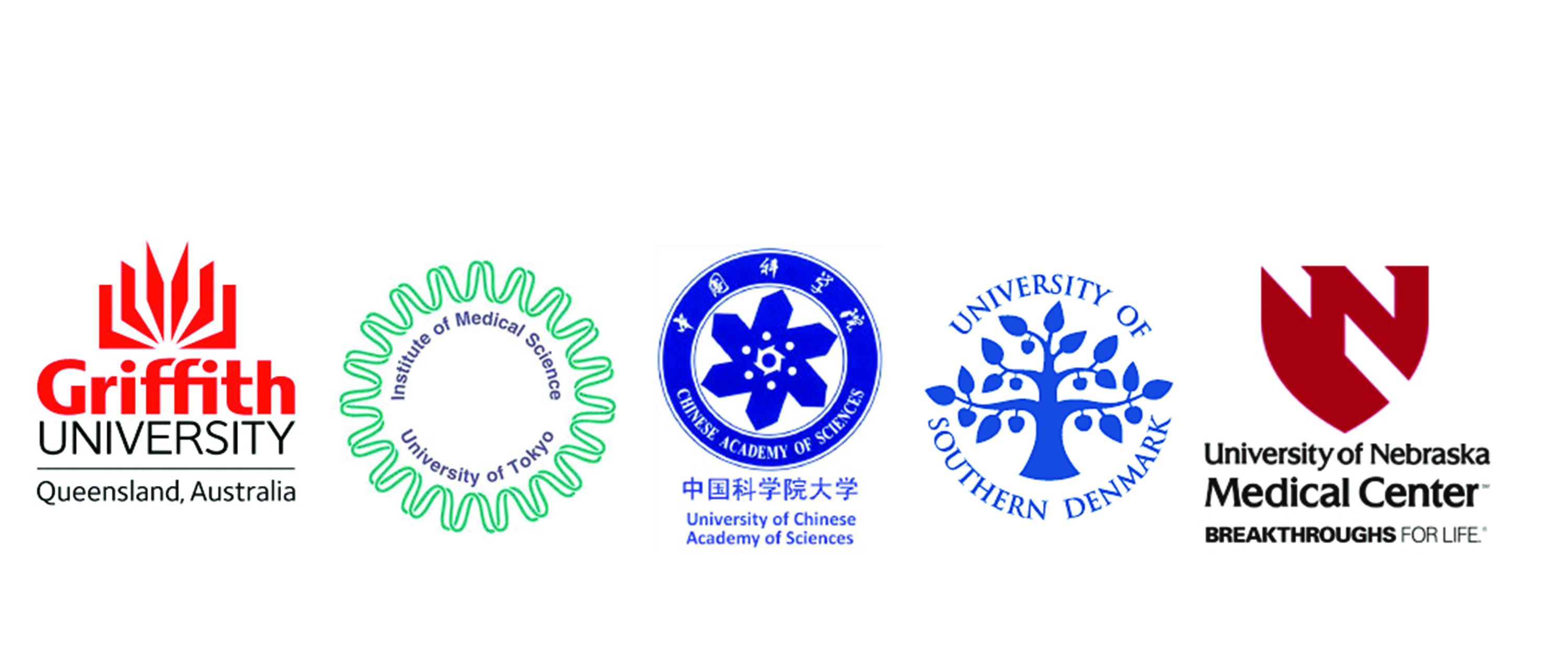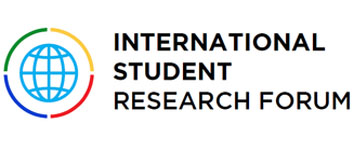Annually, the five governing institutions listed below jointly plan the Forum and its location.
Griffith University. Griffith University is regarded as one of Australia’s most innovative tertiary institutions. Focused on multidisciplinary teaching and research, Griffith covers all the priority issues – health, water, and the environment. It hosts internationally renowned centres which house vital research programs to prevent and treat cancer and neurological disease as well as investigate infection and multi-drug resistant bacterial and viral disease respectively.
Institute of Medical Science (IMSUT). The Institute of Medical Science at the University of Tokyo advances cutting-edge medical science research targeting infectious diseases, cancer and other intractable diseases. Emphasizing interdisciplinary research, IMSUT brings together researchers and graduate students with diverse backgrounds in fields from medicine to engineering.
University of the Chinese Academy of Science (UCAS). UCAS offers programs in nine major academic fields: science, engineering, agriculture, medicine, philosophy, economics, literature, education and management science. UCAS has substantial research depth in such disciplines as mathematics, physics, chemistry, astronomy, geology, biology, mechanics, material science, energy science, electronic information, automation, computer science and technology, and biological engineering.
University of Nebraska Medical Center (UNMC). As Nebraska’s only public academic health science center, UNMC is committed to the education of a 21st century health care work force, to finding cures and treatments for devastating diseases, to providing the best care for patients, and to serving our state and its communities through award-winning outreach. UNMC has colleges of dentistry, medicine, nursing, pharmacy, public health, a school of allied health professions and two institutes. UNMC also is committed to embracing the richness of diversity, as well as being a major economic engine for the State of Nebraska.
University of Southern Denmark (SDU). The University of Southern Denmark has five faculties with more than 27,000 students, almost 20% of whom are from abroad, and more than 4,000 employees distributed across its main campus in Odense and regional campuses in Slagelse, Kolding, Esbjerg and Sønderborg. Several international studies document that it conducts world-class research and is one of the top fifty young universities in the world. With around 115 different study programmes in the fields of the humanities, social sciences, natural sciences, health sciences and engineering, graduates of the University of Southern Denmark are now members of virtually every profession in the international community.

